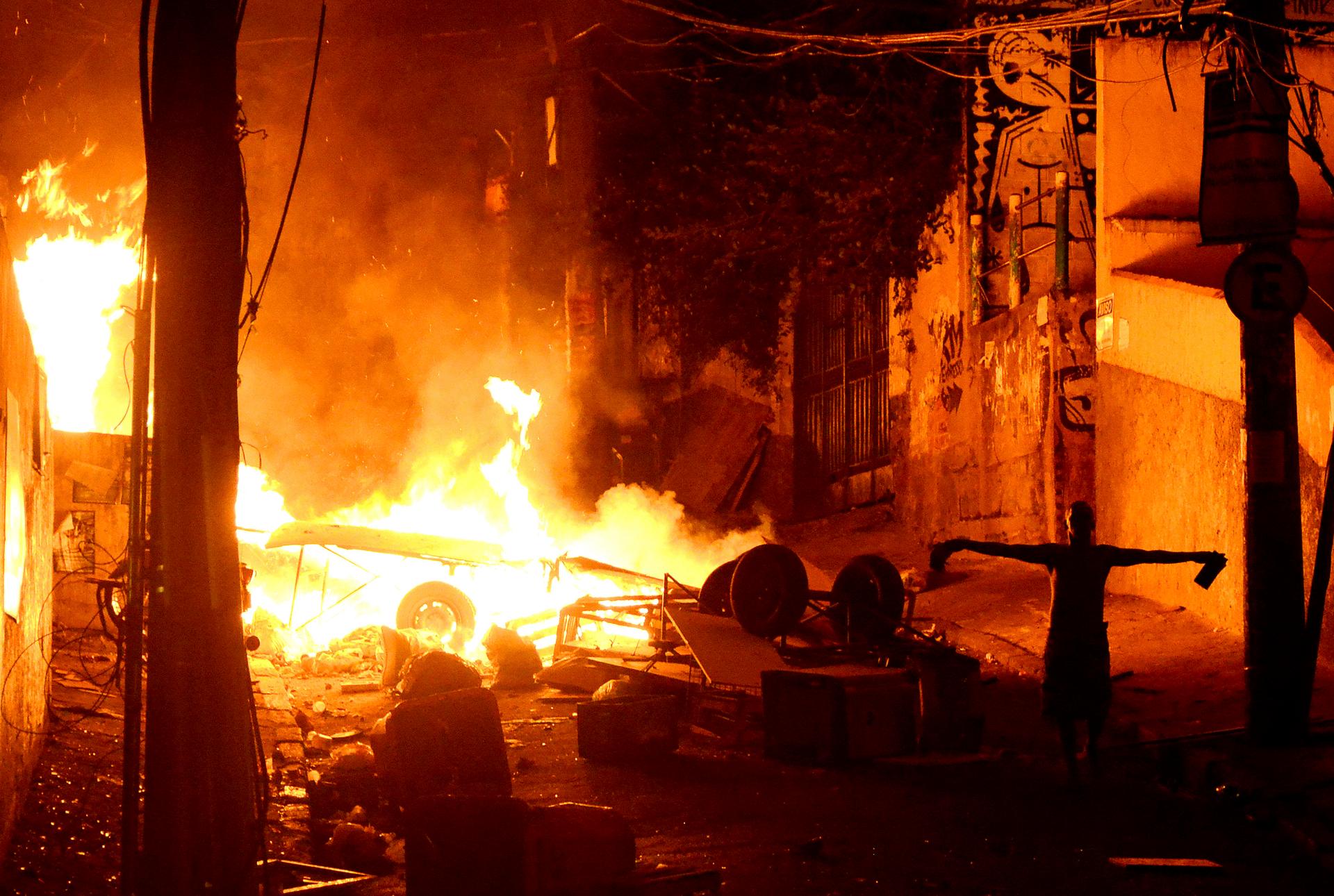Bruno Souza Santos
Do riots in a Rio favela mean the pre-World Cup pacification efforts failed?
Rio de Janeiro has spent much of the past year trying to “pacify” its favelas — slums around the city that are home to a huge portion of the metropolis’s population — as well as its crime. On Tuesday night, one of those favelas erupted in violence, prompting question in advance of this summer’s World Cup.
Upward Mobility in Brazil and the Quest for Higher Education
Brazil’s economy has steadily grown for a decade, life has gotten better for the lower classes. More and more Brazilians have refrigerators, washers and cars. Other gauges of a middle class life are harder to acquire, like access to higher education.

